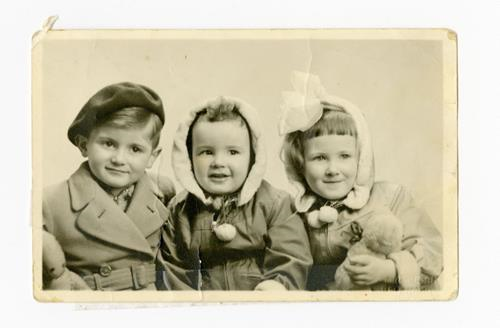
This course examines the history of the “family” in twentieth-century Canada. We explore the role of state institutions in defining family relationships, and how lived experiences challenged, ignored, or selectively conformed to monolithic concepts of family. We will discuss idealized images of the “Canadian family,” the diversity of experiences of family life, and state intervention into the realm of the family, with a focus on gender, race, class, sexuality, and age. How is the family socially and historically constructed? Why have state officials, medical experts and others intervened in certain types of families? What have been the outcomes of such interventions? How have individuals and families either resisted, acquiesced, or actively sought out such interventions? We will deconstruct the politicized image of the “traditional” family and the recurrent fears of familial crises. Topics include marriage and divorce; youth sexuality; representations of motherhood and fatherhood; childhood health and illness; settler colonial interventions into family life; reproductive and parenting activism; and welfare policy.
This course is offered as a 4.5-unit seminar during the 2022-2023 year.
